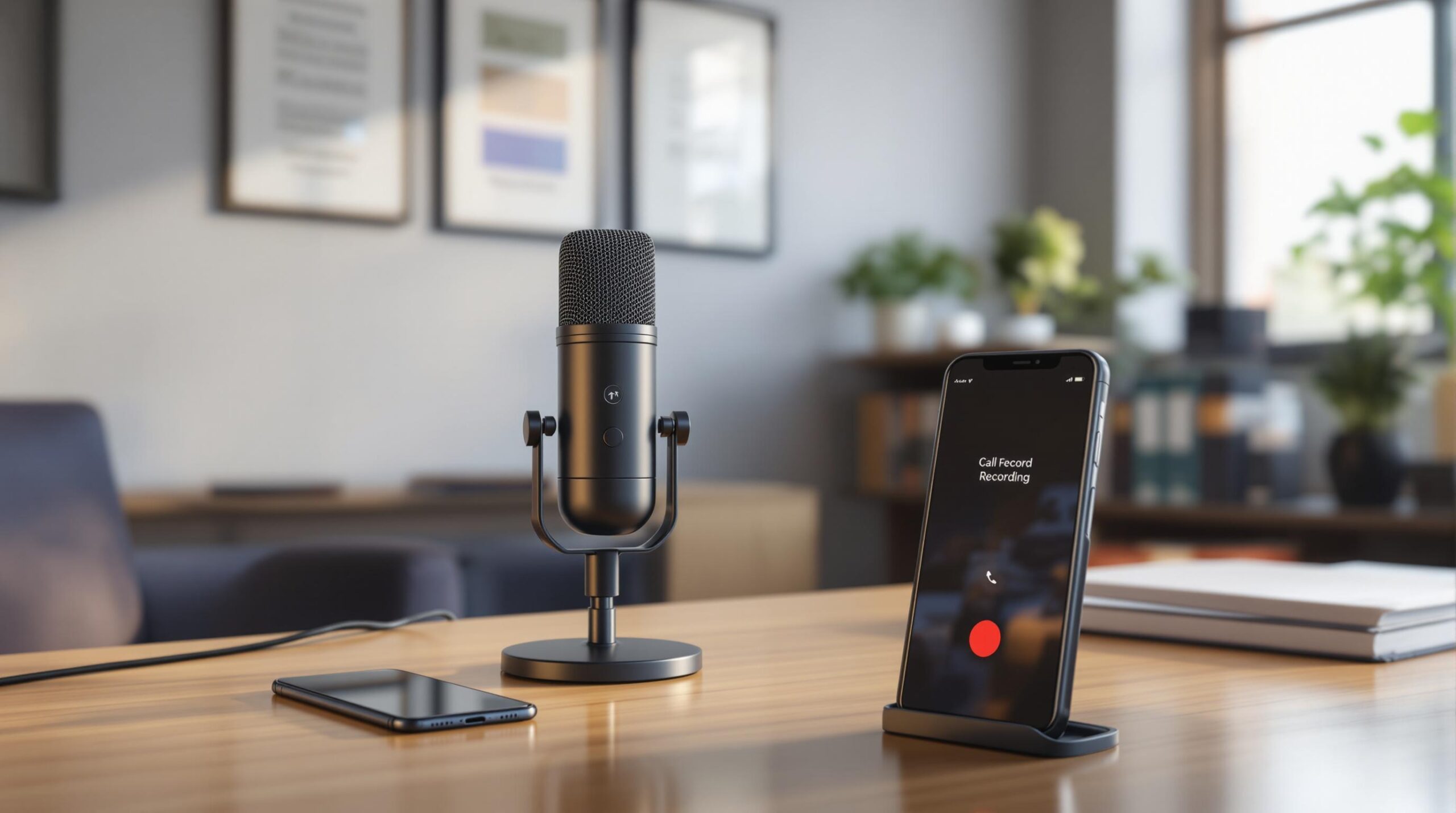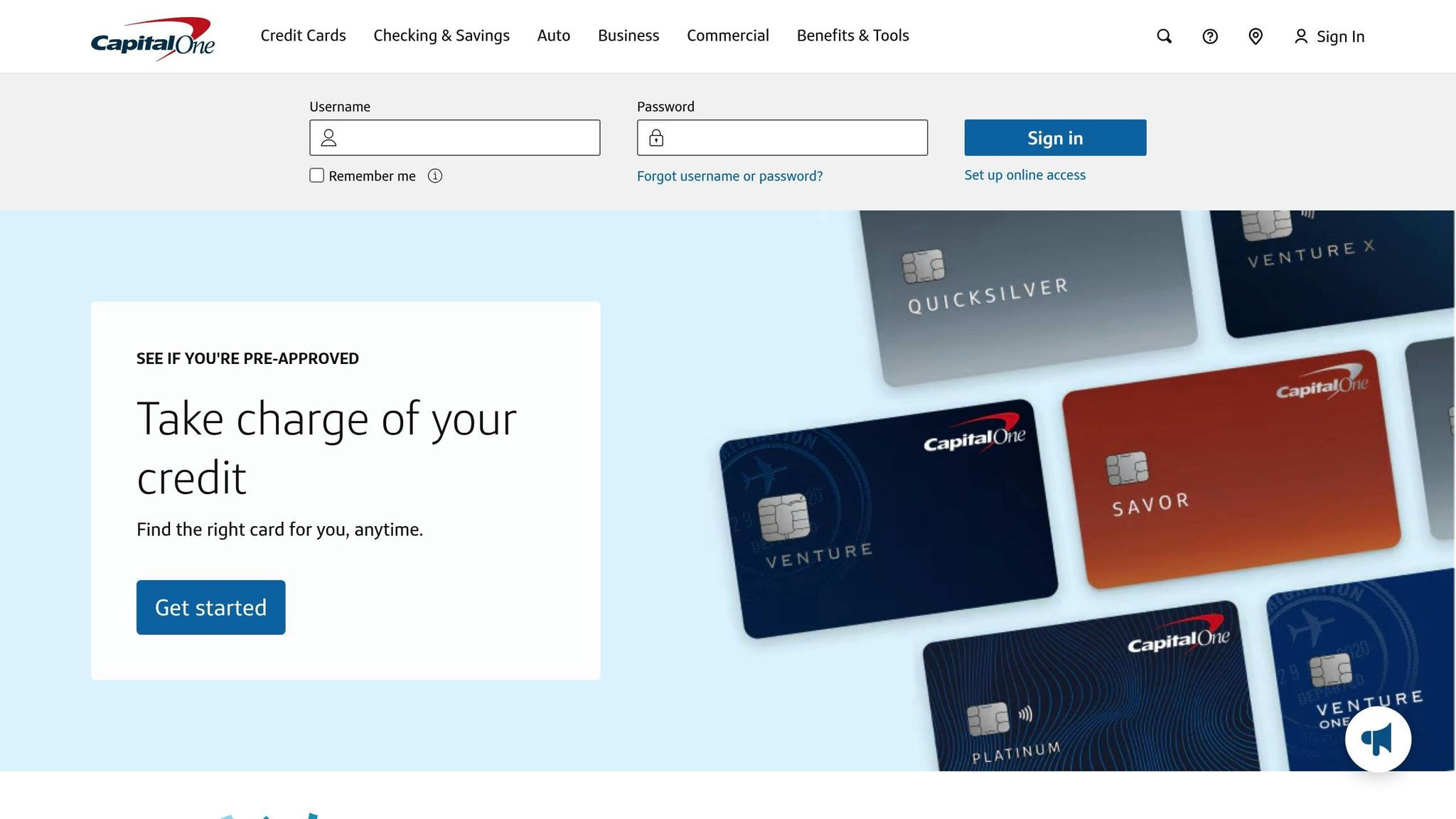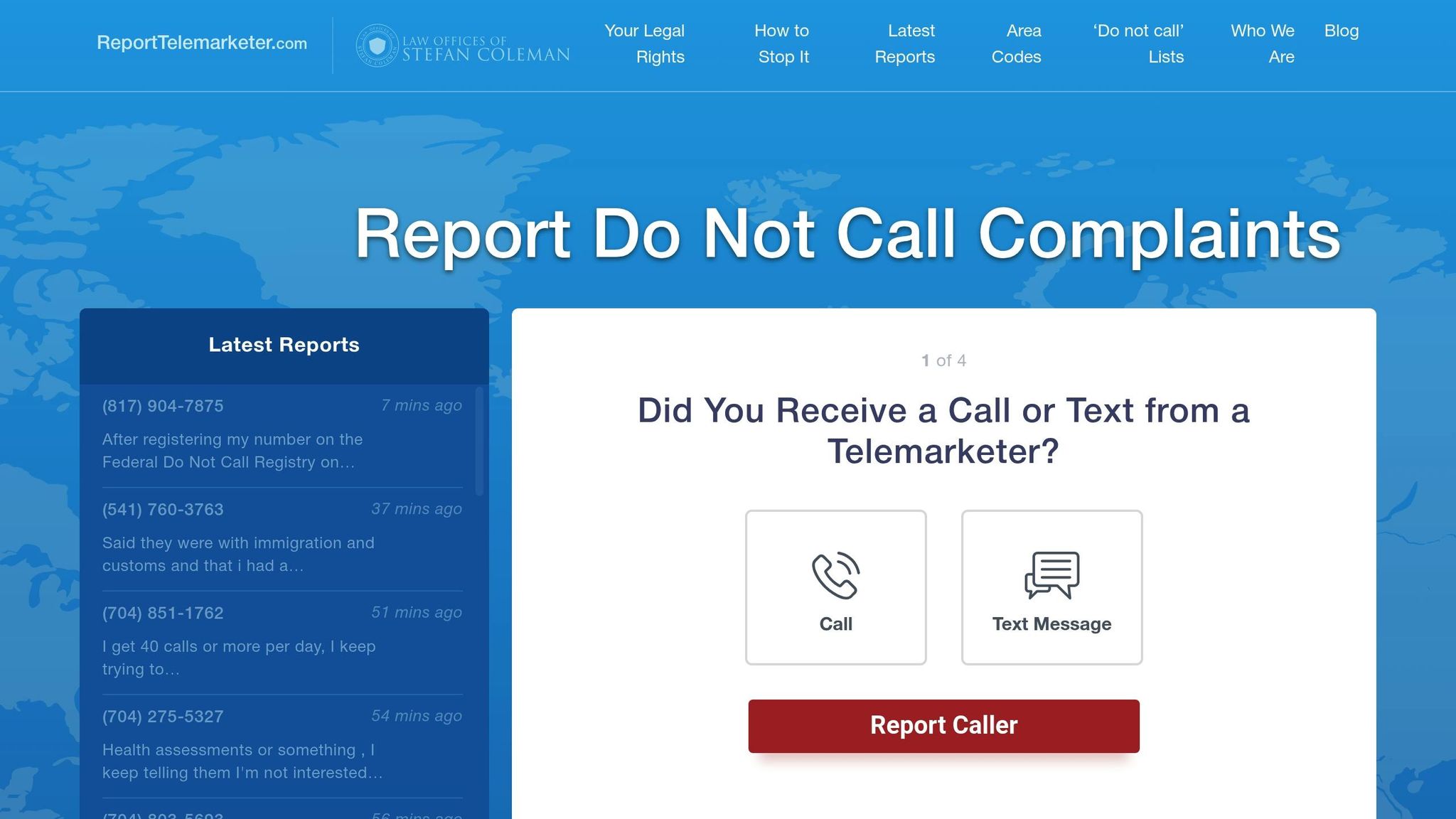
Call recording disputes are becoming a major legal issue, especially with stricter consent laws and hefty penalties for violations. Here’s what you need to know:
- Consent Laws Vary: Federal law allows one-party consent, but some states (like California) require all parties to agree before a call can be recorded.
- Penalties Are Severe: Courts can award up to $500 per call if proper consent isn’t obtained.
- Key Cases: Major lawsuits against companies like Capital One, Bank of America, and Google have reshaped how businesses handle call recordings.
- Consumer Rights Are Stronger: New rulings require clear, documented consent, giving consumers more power to take legal action.
Businesses must now adopt stricter compliance measures to avoid legal risks, while consumers have more tools to address violations. The legal landscape around call recording is rapidly evolving, and staying informed is critical.
One Party versus Two Party Consent of Recordings: Which State Governs?
Major Call Recording Court Cases
Several court cases have shaped the legal landscape around call recording, consent, and privacy. These examples underline how lapses in disclosure can lead to significant legal and procedural changes.
Capital One Case (2014)

In 2014, a class-action lawsuit in California targeted Capital One for recording customer service calls without informing customers right away. Since California requires the consent of both parties, recording calls before giving notice violated state law. In response, Capital One updated its call center protocols, ensuring customers are properly notified before recording begins.
Bank of America Case (2017)

In 2017, Bank of America was sued for recording debt collection calls without clear consent, a breach of California’s privacy laws. The case highlighted that implied consent doesn’t meet legal standards. To address this, the bank introduced stricter compliance measures, including better staff training and clearer notification procedures.
Google Voice Recording Case (2023)
A class-action lawsuit questioned Google’s automatic transcription feature, bringing up new concerns about AI’s role in call recording. The case focuses on privacy issues and the challenges of managing consent across different jurisdictions. The ongoing legal debate could set new standards for how companies handle AI-powered recording technologies.
These cases have pushed industries to rethink their recording practices, emphasizing the importance of clear consent processes and stronger privacy safeguards. Legal outcomes like these continue to shape how businesses approach call recording and user privacy.
sbb-itb-a8d93e1
Court Decisions on Recording Consent
Leading Court Decisions
Recent rulings have emphasized the importance of protecting consumers when it comes to call recording. Under the TCPA, businesses are now required to obtain clear, documented consent before recording calls. This has pushed companies to adopt stricter policies for securing consent.
Changes in Consent Requirements
Following these legal decisions, generic disclaimers no longer suffice. Companies must secure and document explicit consent at the start of any customer interaction. If a consumer’s call is recorded without proper consent, courts may award damages of $500 per call. These rulings build on lessons from earlier, well-known cases.
These updates highlight a growing focus on protecting consumer privacy and rights in call recording practices.
Legal Help for Consumers
Recent changes in the law have given consumers more power to address unauthorized recordings. With stricter consent requirements now in place, there are new ways for consumers to take legal action when their rights are violated.
ReportTelemarketer.com: A Resource for Consumer Protection

This platform offers free tools to help consumers address issues like unauthorized call recordings and telemarketing violations. If a violation is found, the legal team can send cease and desist letters or file formal complaints. In many cases, attorney fees may be recovered from the telemarketing companies if the case is resolved successfully.
How to Report Recording Violations
Taking action requires careful documentation and following specific steps:
| Step | Action | Outcome |
|---|---|---|
| Document | Note dates, times, and details of the calls | Builds a clear evidence trail |
| Report | File a detailed report through the platform | Starts the investigation |
| Legal Review | Have an attorney assess your case | Identifies your legal options |
| Follow-up | Stay in touch with attorneys for case updates | Strengthens your position |
Make sure to provide accurate and complete details about the calls in question. A legal team, often working with Coleman PLLC, will review your report to determine if any laws were broken. These steps are key to taking advantage of the recent legal updates that enforce stricter consent rules.
If your case involves potential violations, the legal team might reach out to discuss options, such as individual lawsuits or class actions. Keep in mind, no attorney-client relationship is established until a formal retainer agreement is signed.
Looking Ahead
Main Points
Recent developments have reshaped how call recording disputes are handled. Companies are now under stricter scrutiny, facing hefty penalties for failing to comply with regulations. The rise in consumer complaints has led to tougher enforcement actions.
One emerging trend is the growing involvement of consumer protection firms in tackling recording violations. For instance, ReportTelemarketer.com helps consumers address unauthorized recordings, with potential recoveries reaching up to $500 per call.
Major court decisions have had a ripple effect across industries, pushing businesses to reassess their recording practices. Key areas impacted include:
| Trend | Current Impact | Future Effects |
|---|---|---|
| Consumer Awareness | More violations being reported | Increased class-action lawsuits |
| Corporate Compliance | Stricter consent protocols adopted | Greater investment in compliance tech |
| Legal Enforcement | Tougher law interpretations | Likely rise in financial penalties |
These shifts are setting the stage for upcoming changes in legal frameworks.
Expected Legal Changes
Building on these trends, new regulations are likely to require stricter consent and monitoring standards. Companies will need to provide clearer privacy policies, explicitly detailing their recording practices and how they use the data.
With advancements in recording detection and prevention technologies, legal standards are expected to become even more demanding. Future requirements may include:
- Stronger Notification Protocols: Businesses will need to ensure comprehensive consent mechanisms are in place before recording conversations.
- Increased Penalties: Financial punishments for violations are anticipated to grow in response to heightened privacy concerns.
- Tech-Driven Compliance: Companies will likely need to adopt advanced tools to detect and prevent unauthorized recordings.
Consumer protection firms are also evolving to address these changes. As ReportTelemarketer.com explains:
"As a consumer protection firm, we use the telephone consumer protection laws to stop telemarketers from harassing consumers".
This proactive approach signals a shift toward more assertive enforcement of consumer rights in the near future.
The combination of legal changes and technological advancements means companies must stay vigilant. Regularly consulting with legal experts and updating compliance strategies will be crucial to avoiding penalties and maintaining trust with consumers.